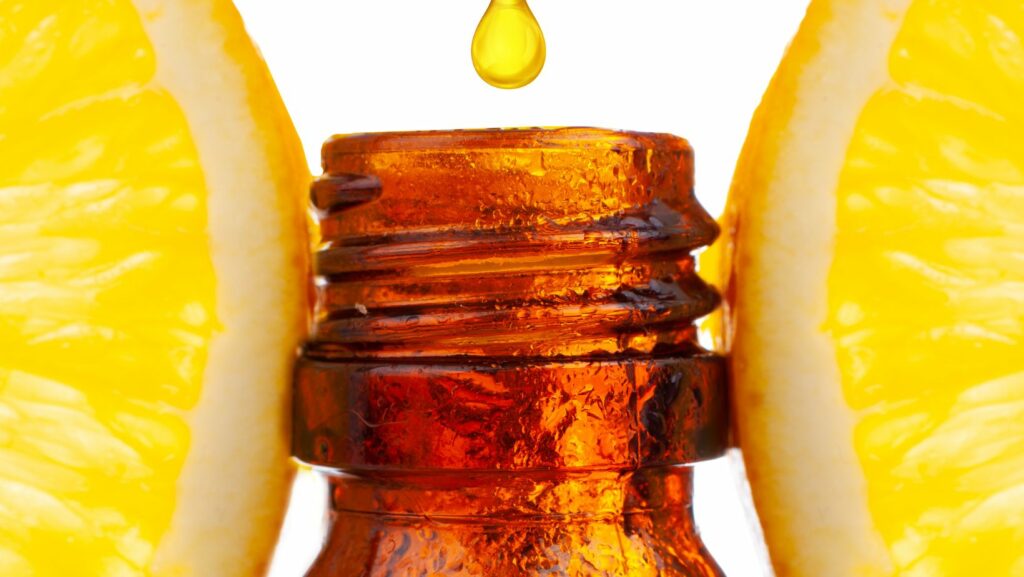Acid Reflux in Babies Natural Remedies
To truly combat acid reflux, we delve deep into the phenomenon, pinpointing its symptoms, diagnosing methods, and understanding its impact on infants.
Reflux in babies manifests as recurrent spitting up, vomiting, coughing, irritability, or arching the back. Doctors often rely on the physical examination of a baby, a review of symptoms and, at times, medical testing – like an Upper GI Series.
Acid Reflux in Babies Natural Remedies, if not treated, escalates. It becomes severe, leading to complications like poor growth, difficulty breathing, or irritability, impacting the baby’s health and development. Parents are, thus, advised to observe their babies, allowing for early identification and effective treatments. A gastroenterologist’s consultation is a step parents often take when facing severe symptoms.
Delving further into the realm of acid reflux treatments, it’s significant to take note of conventional methods recommended by healthcare professionals. As with any form of medical treatment, these conventional approaches also come with their advantages and disadvantages.

Strong medications like H2 blockers and proton pump inhibitors (PPIs) commonly form part of acid reflux treatment in babies. While these drugs aim to decrease the stomach’s acid production, their long-term use might lead to adverse effects. For example, H2 blockers such as ranitidine or famotidine may potentially induce confusion, gynecomastia or arrhythmias among other side-effects in rare instances. Likewise, prolonged usage of proton pump inhibitors like omeprazole or lansoprazole might result in constipation, flatulence, and in some instances, an increased risk for bone fractures in the long term. These potential side-effects highlight the importance of careful medication management, under the close supervision of a gastroenterologist.
Importance of Natural Remedies for Acid Reflux
Acid Reflux in Babies Natural Remedies have earned their significance through offering a safer and frequently more effective alternative to conventional medications for infants. This part sheds light on the safety and efficiency aspects of these natural solutions.
The safety of infants remains paramount when it comes to treating their acid reflux issues. Natural remedies, often herbal or dietary, represent a way to mitigate the risks of side effects associated with common medications. H2 blockers or proton pump inhibitors, for instance, can cause constipation, confusion, or an increased risk of bone fractures. Natural methods such as chamomile tea and dietary changes often pose fewer health risks to the infant, suggesting safety is a key reason why many parents consider them.
In addition to being safe, natural remedies often prove effective in managing infant acid reflux. Providing smaller, more frequent meals or using naturally alkaline foods like bananas can neutralize acid in the baby’s stomach. Soothing techniques, such as gentle movement or skin-to-skin contact, can also be beneficial in alleviating reflux symptoms. Their effectiveness, combined with their safety profile, makes these natural methods preferred choices for many seeking to handle infant acid reflux without resorting to potent pharmaceuticals.

Types of Natural Remedies for Acid Reflux in Babies
Delving into the world of natural remedies, dietary changes, herbal concoctions, and life adjustments hold the potential to alleviate acid reflux in infants.
A baby’s diet can significantly impact acid reflux symptoms. Breastfeeding mothers may find that altering their diet decreases reflux instances in their babies. Reduction of caffeine intake, spicy foods, and dairy products, for example, can lead to noticeable differences. For babies consuming formula, a hypoallergenic alternative can ease reflux symptoms.
Herbal remedies, while gentle, can be effective in managing acid reflux. Chamomile tea is often commended for its soothing abilities. Another popular remedy is fennel tea. Always consult with a healthcare provider before administering herbal solutions to infants to ensure safety.
Day-to-day changes often bring significant improvements. Small, frequent feedings rather than large meals can help. Keeping the infant upright during and for 20-30 minutes post feeding reduces the possibility of reflux. Additionally, encouraging regular burping during feeds helps in reducing air swallowing which provokes acid reflux. Lastly, a stable and gentle routine, incorporating elements such as warm baths and relaxing music, can also result in an overall calming effect, potentially reducing acid reflux episodes.

